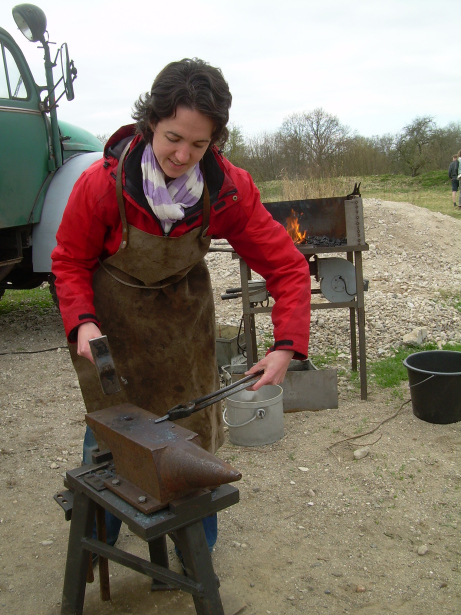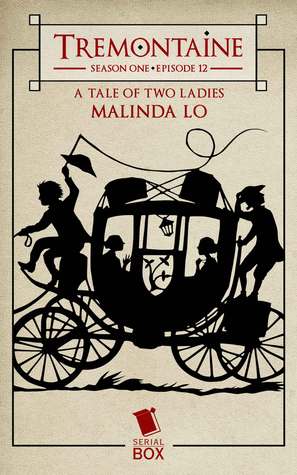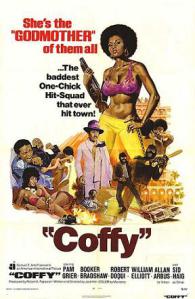
El Guapo is still toiling diligently at our little flooded house, but he hasn’t been alone. For the last two or three days he’s had marvelous help from various friends in our LDS congregation there (special thanks to Ken, who keeps on coming!). I act as a sounding board and give a bit of logistical support when I can, but mostly I’m packing for Spain and trying to think of all the things before I leave that later I’ll wish I had thought of before we left. And, of course, I go over events in my mind, very often from 3 to 6 am, including how the whole sodden mess might have been prevented, or at least made less dire.
Winding up the skein of happenings, we come, in the end, to whatever little part in the furnace decided to give up (I might have been told but can’t remember–maybe the thermostat?). It had almost made it through the worst cold spell in more than a century, but in the end it just couldn’t hold on any longer. And so the furnace failed, and the house got cold, and the renters left, and then the pipes froze, and when the furnace was repaired and began to work again the pipes burst and the water flowed everywhere.
And that’s the mess that El Guapo & Co. are working in, for the fourth day running. Thinking about that little part giving up brought to mind a proverb that dates from the 13th century in various forms, the one about the horseshoe nail:
For want of a nail the shoe was lost.
For want of a shoe the horse was lost.
For want of a horse the rider was lost.
For want of a rider the message was lost.
For want of a message the battle was lost.
For want of a battle the kingdom was lost.
And all for the want of a horseshoe nail.
We have not lost our kingdom, of course. We’re also aware of various silver linings–it’s a very heartening experience to have friends rally around, and work parties can be satisfying (though it’s generally more pleasant to be one of the workers who can leave after a few hours than the chief who will be staying until unable to stay reliably upright).
My pondering on the chain of events led me to consider the underappreciated importance of preventive maintenance. Perhaps that rider with crucial, kingdom-saving intelligence to deliver did check his horse’s hooves before setting off, and didn’t see anything to concern him. But maybe he was in too much of a hurry to address that slightly loosened shoe. Do you suppose there was an Old English equivalent of “What’s the worst that could happen?” My online translator gives me this: “{what’s} ðone as s¯æmest su ðe {could} {happen?}” It clearly doesn’t know what to do with half the words, but I assume they had a similar sentiment back then, however they expressed it.*

Liebling learning to do some blacksmithing in Germany
The rider of the proverb probably never existed, but if he did, he’s unlikely to have left us any accessible detailed introspection, so we’ll never know whether he checked that horseshoe or not. But one of my coping mechanisms in the face of mishap tends to be to hunt around for ways that I can prevent future disasters, so my mind turns to wondering if there’s anything I can do to identify what little widget is wearing out, anywhere in my sphere, and what I might do to replace it before it conks out.
It seems mighty unlikely that I’ll be in the nick of time to prevent disaster. But I can perhaps look around to see what general preventive maintenance I can do. We had been having trouble with our car battery, and recently it went dead again, this time due to a forgotten dome light all-nighter. I’m usually all for “use it up, wear it out, make it do or do without,” but given our upcoming travel, I decided to buy a new one. I don’t mind some functionality overlap (I just made that up–I’ll campaign for its inclusion in some future game of buzzword bingo).
How are your horseshoe nails? Are there things you can think of that are barely hanging on, whose failure will be costly to you? Do you have a little time now to swoop in and save the (future) day?
If you’d like the proverb in your head with musical accompaniment, there’s this, from Todd Rundgren. At about 3 minutes he spins off with some hypothetical backstory of the blacksmith that I’m not sure I entirely followed, but the tune is catchy.
This just in: El Guapo says that he and the crew are making great strides in the recovery efforts. They’re not entirely out of the damp yet; they’ve logged over a dozen plumbing fixes, but there are still a handful to go. Though these people are unlikely to blow their own horns, I’d like you to see the names of those that have really helped a lot, as of press time.
Our Angels:
Ken Biddle (archangel status)
Ronathan Gonzalez
Deanna Trammell
Alisha and Jeff Hillam
Steve, Anne, Matt Hardy
Jason Robinson
Daniela Battezzato
Steve Sears
Jay McCarthy
Ryan Soderquist
Randy Miller
Mike Owen
Bret Granger
Adam and Ruth Margetts
Andrew Fletcher
Jeff and Tammy Adams
Missionaries (I didn’t get names; we’ll call them Elder)†
Thanks also to these folks for their demonstrated willingness:
Stephanie Granger
David Morey
Paul Brown
Thank you, thank you, thank you!
*You can try translating your own phrases into Old English at this site. I have invested no time at all in determining the quality of the outcome, so I use it here just for the fun. In fact the earliest reference to the proverb I found (at Wikipedia) was a positive formulation in Middle High German: Diz ſagent uns die wîſen, ein nagel behalt ein îſen, ein îſen ein ros, ein ros ein man, ein man ein burc, der ſtrîten kan. (“The wise tell us that a nail keeps a shoe, a shoe a horse, a horse a man, a man a castle, that can fight.”) (c. 1230 Freidank Bescheidenheit)
†Operating on insufficient sleep, El Guapo really hopes he didn’t forget anyone–he’s so thankful for all the help, and for all the well-wishing and sympathizing.
Advertisements Share this:
- More





